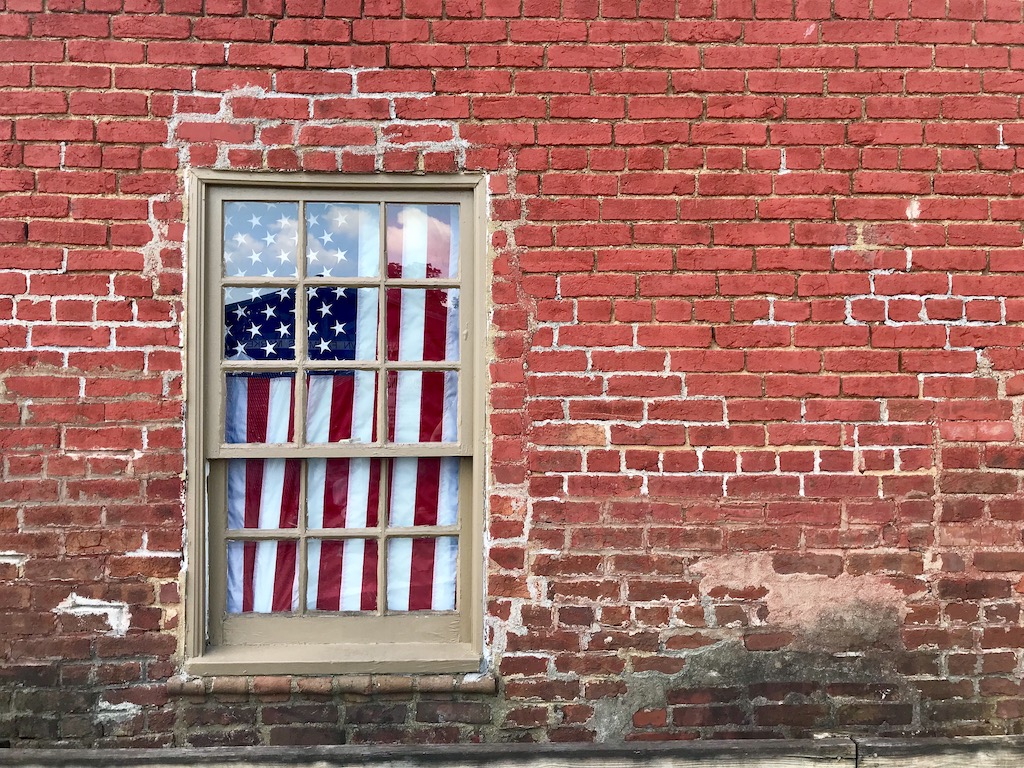“Feel my pain.”
I saw these haunting words tattooed on a young man in a housing project in southeast DC, and they have been engraved on my memory ever since. There are some days when it seems as if the entire city is groaning these same words. From the blankly staring eyes of the homeless man sitting outside Union Station, to the slumping shoulders of the businessman falling wearily into a seat on the Metro train, to the furrowed brow of the 12-year-old DC public school student struggling to read the simple sentences of a children’s book. Etched in each of these expressions is the same unspoken appeal: “Feel my pain.”
[pq]As disciples of a compassionate God, we are invited to get our hands dirty in the messiness of human life.[/pq]
I have the privilege of working with an organization that brings freedom, rescue and restoration to victims of violent oppression and injustice in the developing world. And every day I hear story after story of heartbreaking, all-too-real situations of human suffering and struggle. In each of them, the cry is the same: “Feel my pain.” Indeed, in different times and in different ways, this cry has echoed through every human heart since the Fall. In the brokenness of life, we all hope that someone will see, know, and be present with us in our struggle.
Over a millennium ago, King David wrestled with this same universal human desire. And this is what he concludes: God always sees, and He knows. In Psalm 10, David expresses it this way:
[The wicked] lurks that he may seize the poor; he seizes the poor when he draws him into his net. The helpless are crushed, sink down, and fall by his might. He says in his heart, “God has forgotten, he has hidden his face, he will never see it.” But you do see, for you note mischief and vexation, that you may take it into your hands; to you the helpless commits himself; you have been the helper of the fatherless…O Lord, you hear the desire of the afflicted; you will incline your ear to do justice to the fatherless and the oppressed, so that the man of the earth may strike terror no more.
Even in situations of great injustice or heartache, God always feels the pain of His people. He hears the cries of the poor and the broken, and He is present with us in our struggle. As disciples of this compassionate God, we are invited to “get our hands dirty” in the messiness that is human life. Steve Garber eloquently describes this responsibility:
Being the people of Christ in the world does not protect us from either seeing the brokenness or from being hurt ourselves by the brokenness…. It gives meaning to our response to brokenness, however and wherever we find it. And we all find; often tremendously complex, sometimes terribly discouraging. But we don’t blink…. Instead, living truthfully in the world requires that we keep our eyes open, stubbornly insisting that our first principles face even the tremendously complex questions…. Even though broken in a thousand ways, the world is still one we confess is under God’s lordship.
Indeed, we reflect God’s redemptive work in the world when we willingly and humbly step into situations of brokenness and seek to bring restoration to them. In the political sphere, this might look like going into hurting communities, hearing their stories, and crafting prudent policies to address their needs—an approach excellently articulated by Paul Ryan in his recent visit to AEI. Internationally, this might manifest itself in supporting efforts to reform justice systems in the developing world to protect the poor. On a personal level, this might mean fostering authentic and self-giving community in your own neighborhood, or providing a home, a family, and a future to children who have none.
Regardless of how you are compelled to carry out this responsibility, God invites all of us to enter into the pain of the world and maintain a faithful presence of compassion and love in the midst of it. At the conclusion of his book “Visions of Vocation,” Garber affirms this call of Christ:
There is no more difficult task…knowing the worst of the human heart and the corporate embodiment of that heart and still choosing to be responsible, for love’s sake. But that task is ours. In our social and political situations, in our families and neighborhoods, we are called to form habits of heart that keep our loves alive, where duty becomes delight…even in this terribly complex world, full of wonder and wounds.



